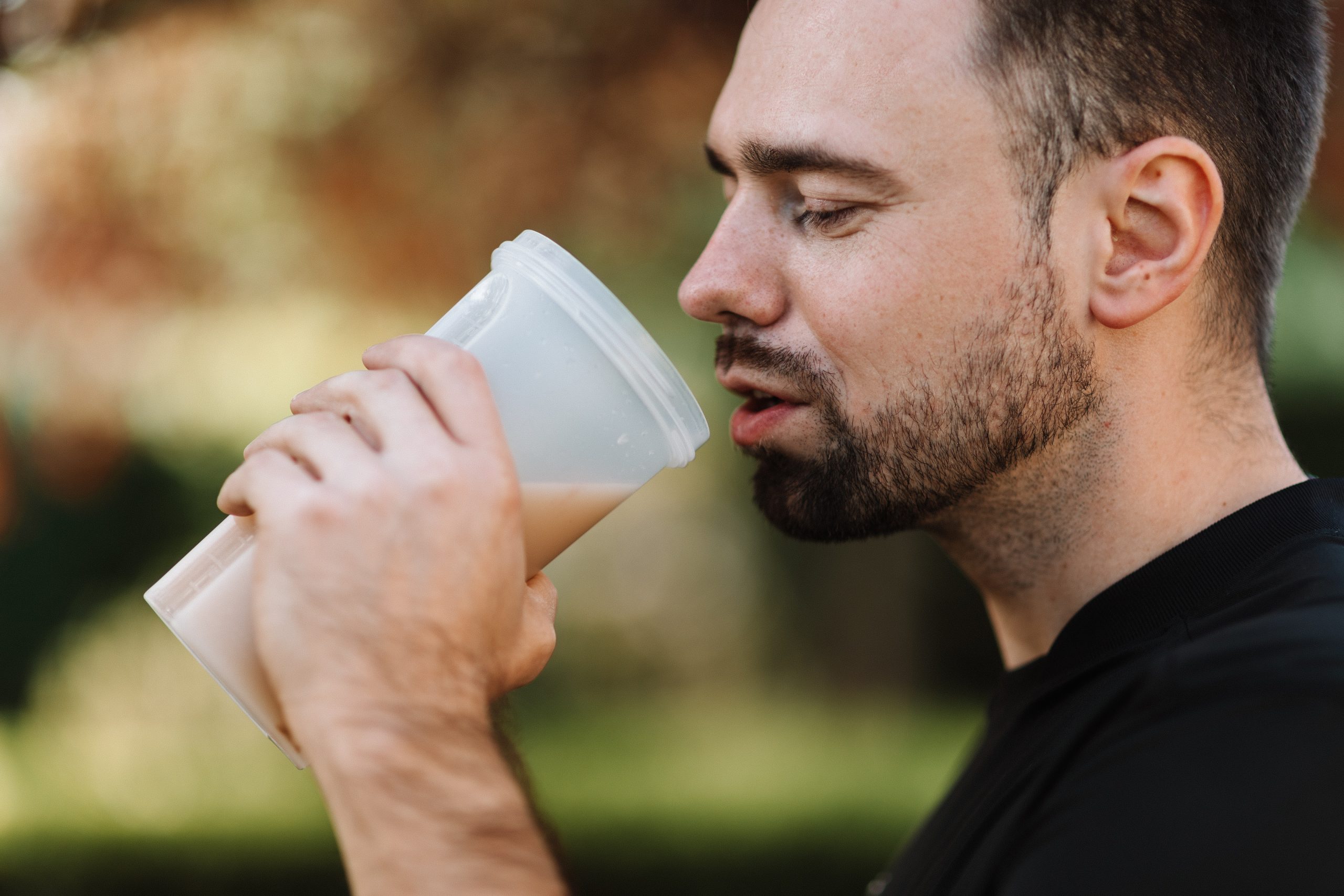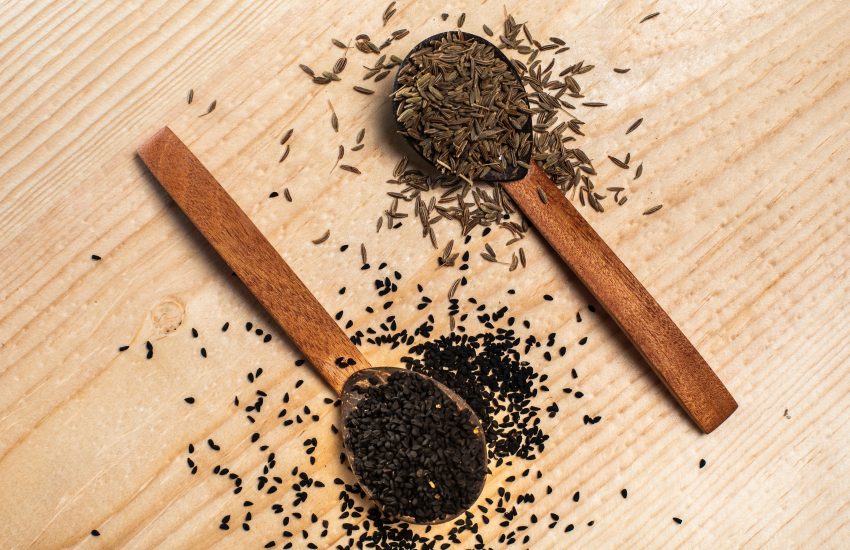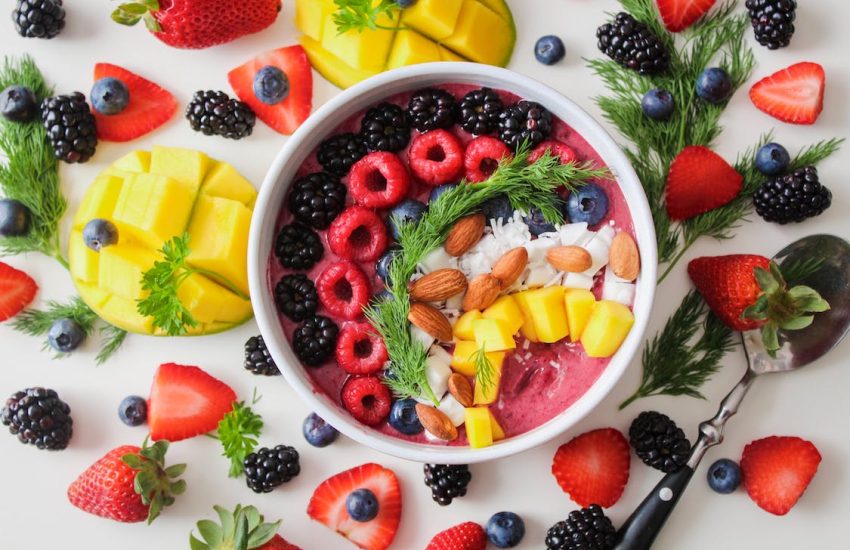High-Protein Diets: What You Need to Know
Are you considering jumping on the high-protein diet bandwagon? Before you make any drastic changes to your eating habits, it’s important to understand what a high-protein diet entails and how it can affect your health. In this article, we’ll break down everything you need to know about high-protein diets, including the benefits, potential risks, and the best sources of protein to include in your diet.
The Science Behind High-Protein Diets
High-protein diets have gained popularity in recent years due to their ability to promote weight loss, increase muscle mass, and improve overall health. The basic premise of a high-protein diet is to increase your daily intake of protein while reducing your intake of carbohydrates and fats. This can help you feel fuller for longer, boost your metabolism, and support muscle growth and repair.
The Benefits of a High-Protein Diet
One of the main benefits of a high-protein diet is its ability to aid in weight loss. Protein has been shown to reduce levels of ghrelin, the hormone that stimulates hunger, while increasing levels of hormones that promote feelings of fullness. This can lead to reduced calorie intake and ultimately, weight loss.
Additionally, a high-protein diet can help you build and maintain muscle mass, especially when combined with regular exercise. Protein is essential for muscle growth and repair, making it a crucial component of any fitness regimen.
Other potential benefits of a high-protein diet include improved bone health, better blood sugar control, and a reduced risk of heart disease and diabetes.
Potential Risks of a High-Protein Diet
While there are many benefits to a high-protein diet, there are also some potential risks to be aware of. Consuming too much protein can put strain on your kidneys, as they are responsible for filtering out waste products from protein metabolism. This can be especially concerning for individuals with preexisting kidney conditions.
Additionally, high-protein diets may lead to nutrient deficiencies if they are not properly balanced with other essential nutrients. For example, cutting out carbohydrates can result in a lack of fiber, which is important for digestion and gut health.
The Best Sources of Protein
Not all protein sources are created equal. To get the most benefit from a high-protein diet, it’s important to choose high-quality sources of protein. Some of the best sources of protein include:
Lean meats such as chicken, turkey, and fish
Eggs
Dairy products like Greek yogurt and cottage cheese
Legumes such as lentils, chickpeas, and black beans
Nuts and seeds
Tofu and other plant-based protein sources
By incorporating a variety of these protein sources into your diet, you can ensure that you are getting all of the essential amino acids your body needs for optimal health and wellness.
Conclusion
High-protein diets can be an effective way to support weight loss, muscle growth, and overall health. However, it’s important to be mindful of the potential risks and make sure that you are getting a balanced intake of all essential nutrients. By choosing high-quality sources of protein and incorporating them into a well-rounded diet, you can reap the many benefits of a high-protein diet while minimizing the potential drawbacks.
Remember, it’s always a good idea to consult with a healthcare professional or registered dietitian before making any significant changes to your diet to ensure that you are meeting your individual nutritional needs.


